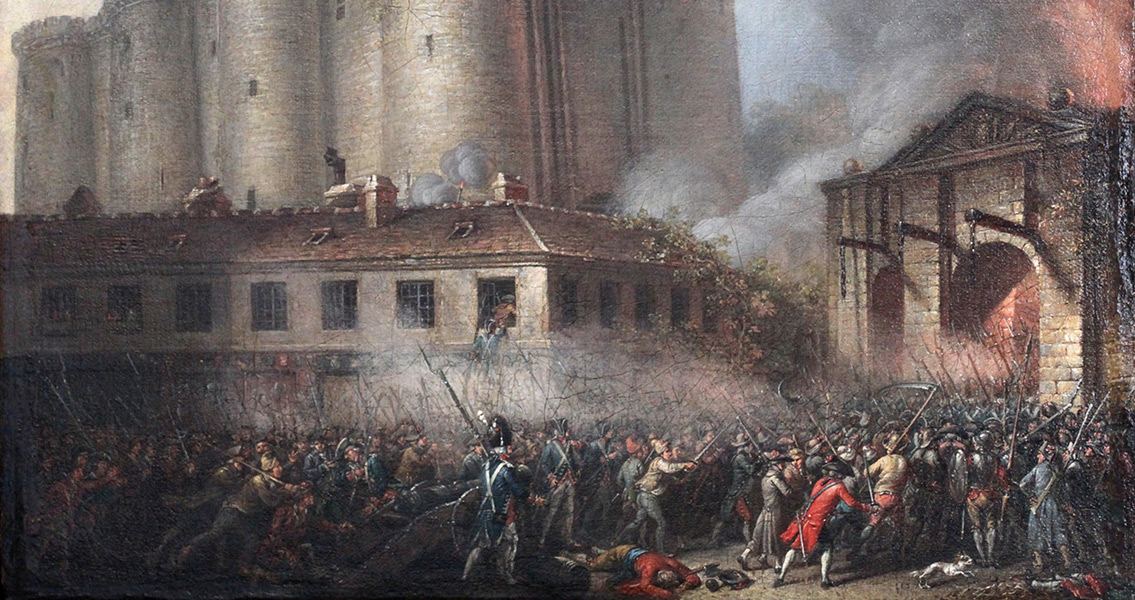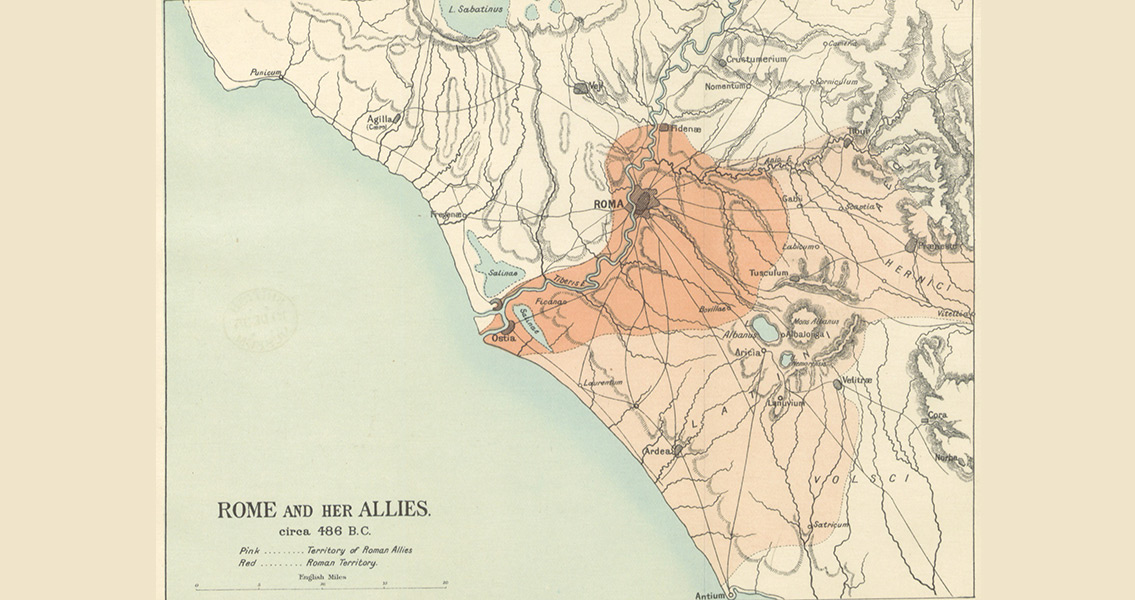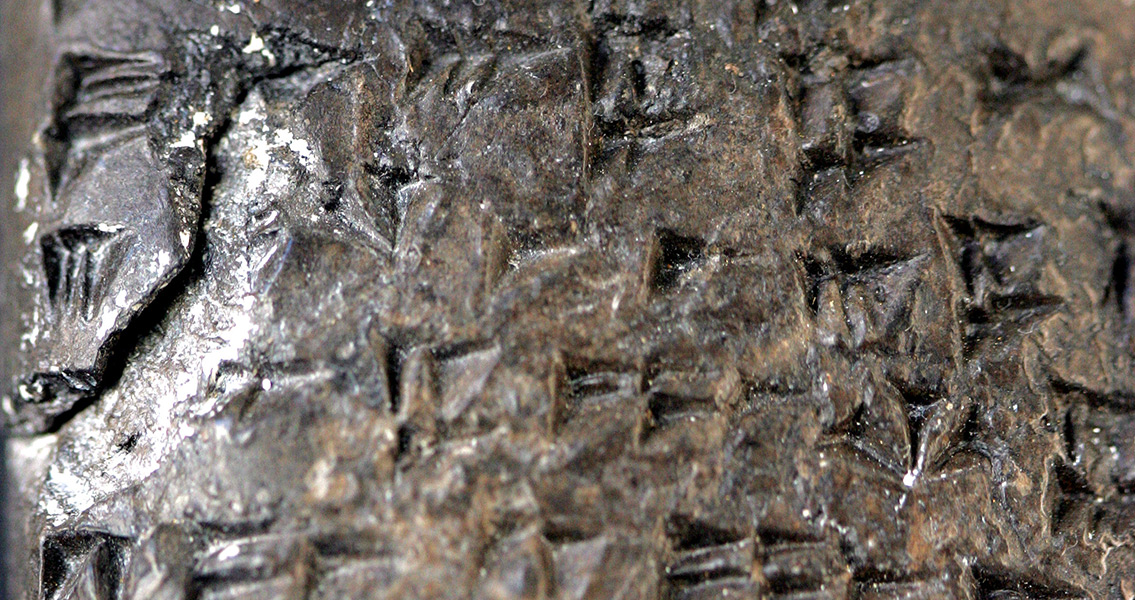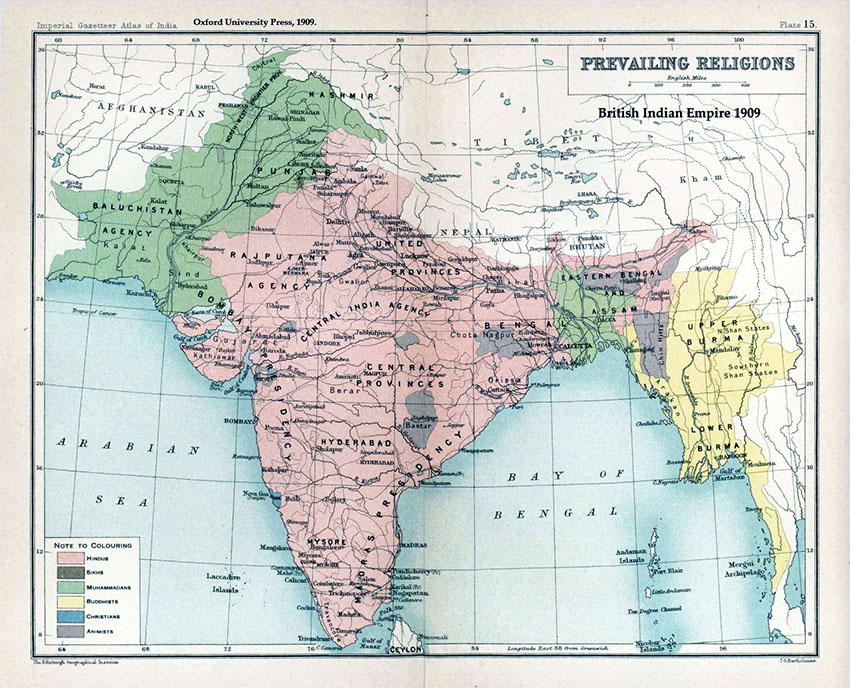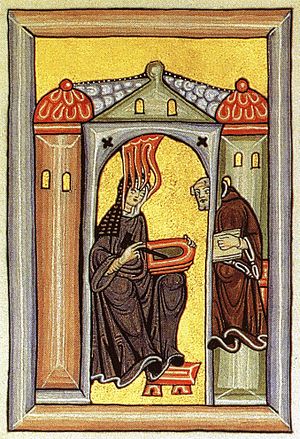Jean-Paul Marat, rioting and looting consumed the city as Parisians prepared for a siege. On the morning of the 14th July, a massive mob descended on the Bastille. Demanding the prison governor open the gates to allow them access to the ammunition stores, the mob charged when he refused to surrender. A bloody battle ensued, but the mob eventually took control of the Bastille, killing the governor in the process and then proceeding to carry his head through the streets on a spike. The ramifications of the events of 14th July were quickly understood across Europe. The English newspaper The World declared a few days later, “A National Revolution, brought about in a period so short, has had no parallel in the History of the World: and although fatal to some, the lives that have been lost in this great accomplishment, are, in point of numbers, inconsiderable.” In France, the anniversary of the Storming of the Bastille is a national holiday, highlighting the significance with which the event is still held. The starting point of years of revolution in the country, which only came to an end with the rise of Napoleon; the 14th July 1789 heralded the era of conflict between people and power that continues to shape history to this day. ]]>
